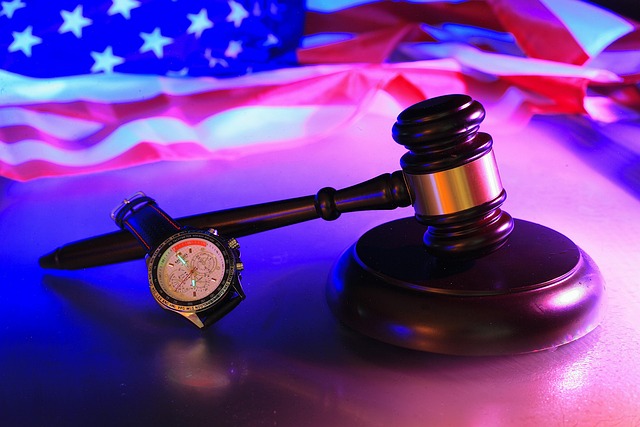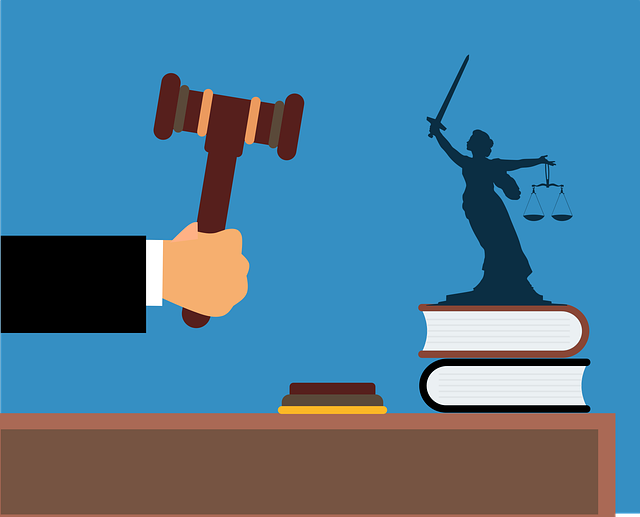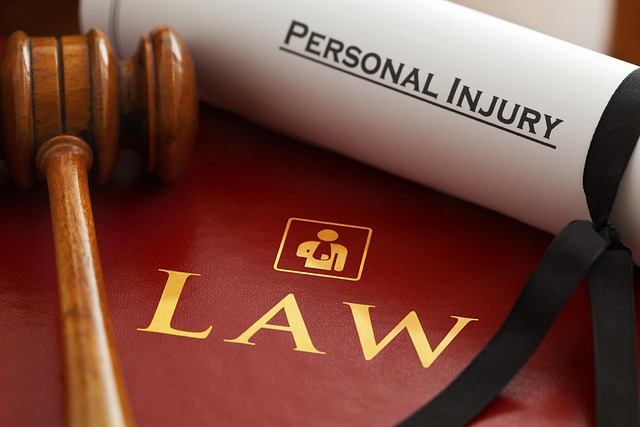Understanding Search and Seizure Rights in Criminal Law is vital for healthcare professionals to protect patient privacy, maintain trust, and avoid legal pitfalls, especially when dealing with white-collar crimes. Knowledge of these rights ensures proper handling of electronic health records, facilitating investigations while preserving confidentiality, and is crucial for favorable outcomes in jury trials.
In the intricate landscape of healthcare, legal issues pertaining to search and seizure rights under criminal law play a pivotal role in protecting individual patient rights while ensuring public safety. This article delves into the fundamental principles governing these rights, exploring how they intersect with healthcare practices. We navigate the legal implications for professionals, highlighting critical considerations and best practices. Understanding these concepts is essential for fostering ethical, compliant, and patient-centric healthcare environments.
- Understanding Search and Seizure Principles
- Criminal Law: Protecting Individual Rights
- Navigating Legal Implications for Healthcare Professionals
Understanding Search and Seizure Principles

In the realm of healthcare law, understanding Search and Seizure Rights in Criminal Law is paramount, especially when dealing with sensitive patient records. These rights, enshrined in the Fourth Amendment, protect individuals from unreasonable searches and seizures. For his clients involved in white collar defense, knowing these principles can be instrumental in achieving extraordinary results. It ensures that law enforcement follows proper procedures when accessing electronic health records (EHRs), preserving privacy and confidentiality.
Healthcare providers and legal professionals must navigate this delicate balance to safeguard patient data while facilitating legitimate investigations. By adhering to the Search and Seizure Rights, healthcare organizations can minimize risks and ensure compliance. This approach respects individual rights while allowing for effective investigation, ultimately fostering trust between patients and healthcare institutions.
Criminal Law: Protecting Individual Rights

In the realm of healthcare, understanding criminal law is paramount as it serves as a bulwark for protecting individual rights. The Fourth Amendment’s Search and Seizure Rights are particularly significant, ensuring that healthcare providers and facilities maintain patient privacy and confidentiality. This legal framework is crucial in preventing unauthorized intrusion into personal health data, which could lead to a breach of trust between patients and their medical care givers.
Criminal law also plays a vital role in white-collar defense for corporate and individual clients alike. Healthcare-related crimes such as fraud and embezzlement are taken seriously, with strict penalties. Jury trials often become pivotal in these cases, where the fate of individuals and organizations can hinge on the interpretation of complex legal principles. Therefore, knowledge of criminal law is indispensable for navigating healthcare legal issues successfully.
Navigating Legal Implications for Healthcare Professionals

Healthcare professionals must navigate a complex web of legal implications to ensure they maintain their licenses and protect their patients’ interests. One critical area is understanding Search and Seizure Rights in Criminal Law, as these principles can significantly impact investigations involving healthcare facilities. Mistakes in handling patient records or evidence collection could lead to indictment, underscoring the importance of meticulous record-keeping and adherence to legal protocols.
An unprecedented track record of successful challenging defense verdicts has been achieved by proactive healthcare providers who stay informed about their rights and obligations. By anticipating potential legal pitfalls and employing robust internal controls, healthcare professionals can avoid indictment and protect their practices. This involves staying current with legislation, seeking expert advice when necessary, and fostering a culture of compliance within the organization to ensure ongoing success in navigating these complex legal landscapes.
In navigating healthcare legal issues, understanding search and seizure principles is paramount under criminal law. Protecting individual rights while ensuring compliance with legal requirements is a delicate balance that healthcare professionals must master. By staying informed about these legal implications, they can confidently deliver quality care while mitigating potential risks. The ongoing evolution of the healthcare landscape necessitates a thorough grasp of Search and Seizure Rights in Criminal Law to safeguard patient privacy and ensure ethical practices.






